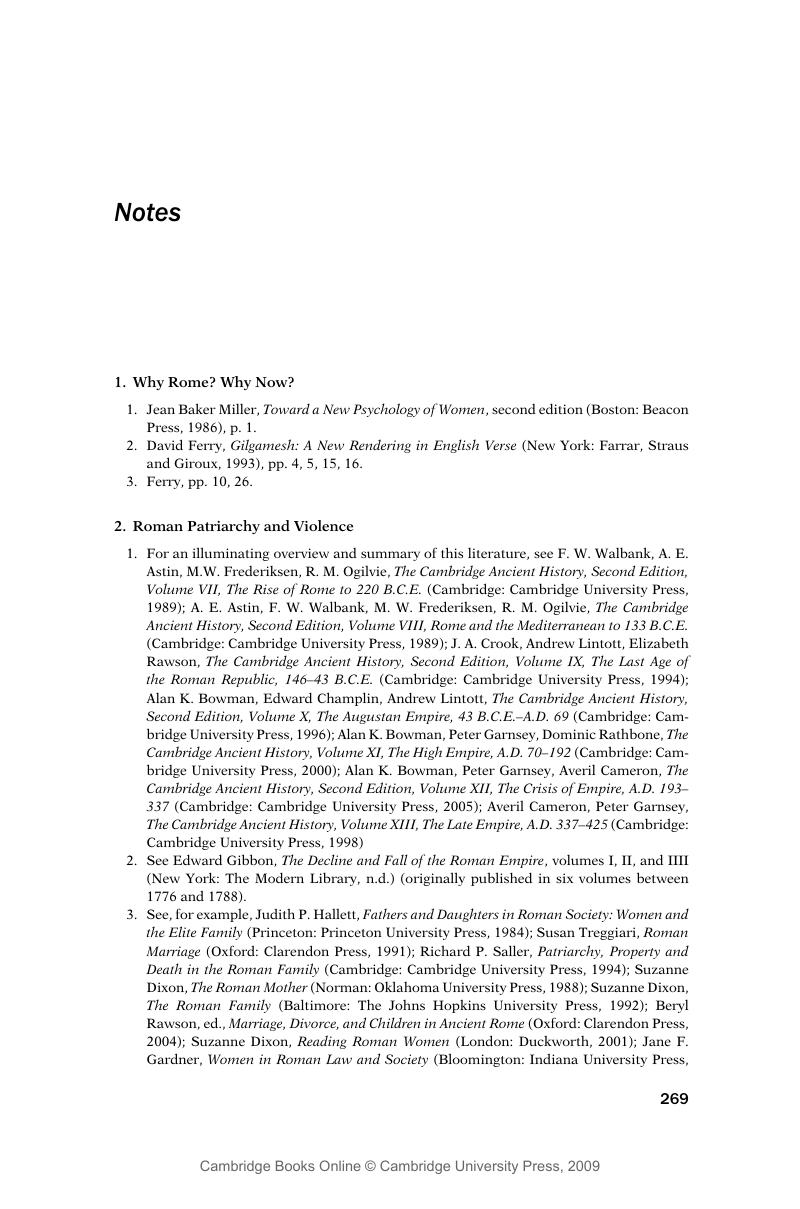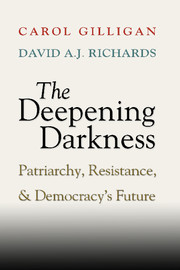Notes
Published online by Cambridge University Press: 01 September 2010
Summary

- Type
- Chapter
- Information
- The Deepening DarknessPatriarchy, Resistance, and Democracy's Future, pp. 269 - 302Publisher: Cambridge University PressPrint publication year: 2008



